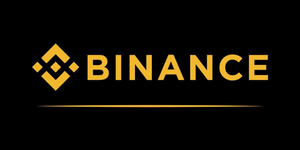In essence, a collateral is simply anything a borrower provides to the lender to obtain a loan. It is an asset which the lender is able to sell or liquidate if the borrower fails to make the repayment on the due date. It acts as a protection for the lender and a reminder for the borrower to repay the loan and regain the collateral.
What are valid collaterals?
A valid collateral could be anything that can be sold to cover the repayment amount and is usually something more valuable than the loaned amount because it serves as a reason for the borrower to repay the loan instead of defaulting it, for example:
- FIAT currencies
- Cryptocurrencies
- Property
- Accounts
Anything the lender is able to sell in the market to encash the repayment amount is usually considered as valid collateral.
What are invalid collaterals?
Something that doesn’t allow the lender to cover the loan in case of a default, can be considered as an invalid collateral. Some examples of the same are below:
- Promises
- Know your Customer (KYC) documents
- Cryptocurrencies that are not yet traded on exchanges and have no liquidity
Advantages of collateralized loans
- Low interest rates
- Hassle-free lending without the need for trust
Disadvantages of collateralized loans
- Risk of collateral theft
- Slow process
See also: Know Your Customer (KYC), Non-Custodial Wallet.









